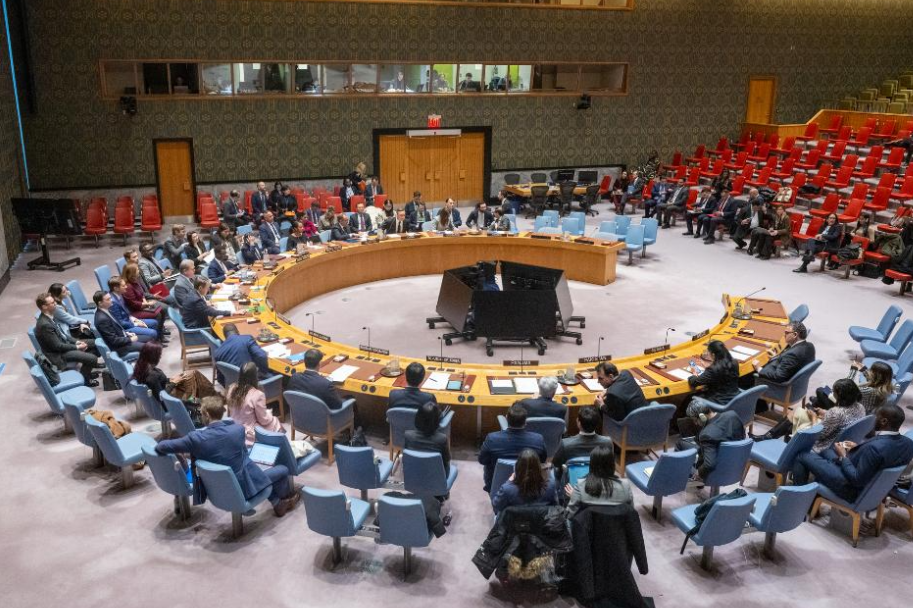Physicists in US feeling unwelcome

Campaign against those with ties to China weakens scientific endeavors
A campaign by the United States against scientists there with ties to China is causing many to feel unwelcome, and many are considering going elsewhere, a report has found.
The report by the American Physical Society, or APS, titled Impact of US Research Security Policies: US Security and the Benefits of Open Science and International Collaborations, warns that the US government's approach is compromising the country's scientific endeavors.
The report, issued last week, is based on a survey of more than 900 physicists in the country in September. It found that only 1 in 5 had either chosen or been directed to withdraw from opportunities to engage in professional activities with colleagues based outside the country, due to current research security guidelines.
Additionally, more than 43 percent of international physics graduate students and early career scientists-PhD graduates with fewer than five years of experience-now living in the US perceive that the country is unwelcoming for international students and scholars.
At least 45 percent of international early-career physicists said the US government's current response to research-security concerns makes it less likely for them to stay in the US long term.
A day after the APS published its report, Charles Lieber, a chemistry professor at Harvard University, was found guilty of six felony counts, including false statements and tax fraud. He is the first academic convicted at trial under the so-called China Initiative.
Instigated in November 2018 by the administration of then-US president Donald Trump, the initiative was said to be countering economic espionage but has, in practice, focused on academics accused in matters of research integrity.
The first trial under the program was that of Anming Hu, a former professor at the University of Tennessee, Knoxville. He was acquitted of all charges in September. Another five China Initiative cases await trial. As with Lieber and Hu, all five defendants are charged with making false statements.
In response to the impact of the China Initiative, the APS recommends that the US government focus on evident economic and national security risks, not on cases of administrative or unintentional nondisclosure. It also urges the government to rename the China Initiative so it focuses on criminal acts rather than on a country.
To remain a global leader in science and technology, the US also needs to improve both disclosure policies and high-skilled visa and immigration policies, the APS report says.
The challenges researchers face are due not only to recent policies, but also to a lack of clear guidance from the federal government, it says. In some cases, physicists report taking an overly cautious approach out of fear.
Their actions include not writing letters of recommendation for graduating students applying for positions in China and ending collaboration with former postdoctoral researchers, the report says.
The federal government's research-security policies are having a "chilling effect" on the country's researchers, causing them to withdraw from international collaboration that brings new scholars, ideas and techniques to US research and development, the report says.
'Clear and measurable'
The benefits of international scholars and collaboration are "clear and measurable", it says. For example, 44 percent of the 2021 Fortune 500 companies have founders who were immigrants or the children of immigrants.
By 2019 more than half of the privately held billion-dollar startup companies in the US had been founded by immigrants, with 21 having a founder who first came to the country as an international student.
About 1 in 3 respondents to the APS survey said they had career-disrupting delays of more than two months when applying for or renewing visas; more than 80 percent of international physics graduates and early-career professionals in the US said they were considering pursuing their careers in another country or had considered doing so.
The respondents said pathways to permanent residency or citizenship and a perception of the US being unwelcome to foreigners were the main factors in their decision to leave the US.
The challenges and perceptions created by current US policies could create "a severe hole in our international STEM talent pipeline and a critical segment of our future STEM workforce", the APS warned.

































